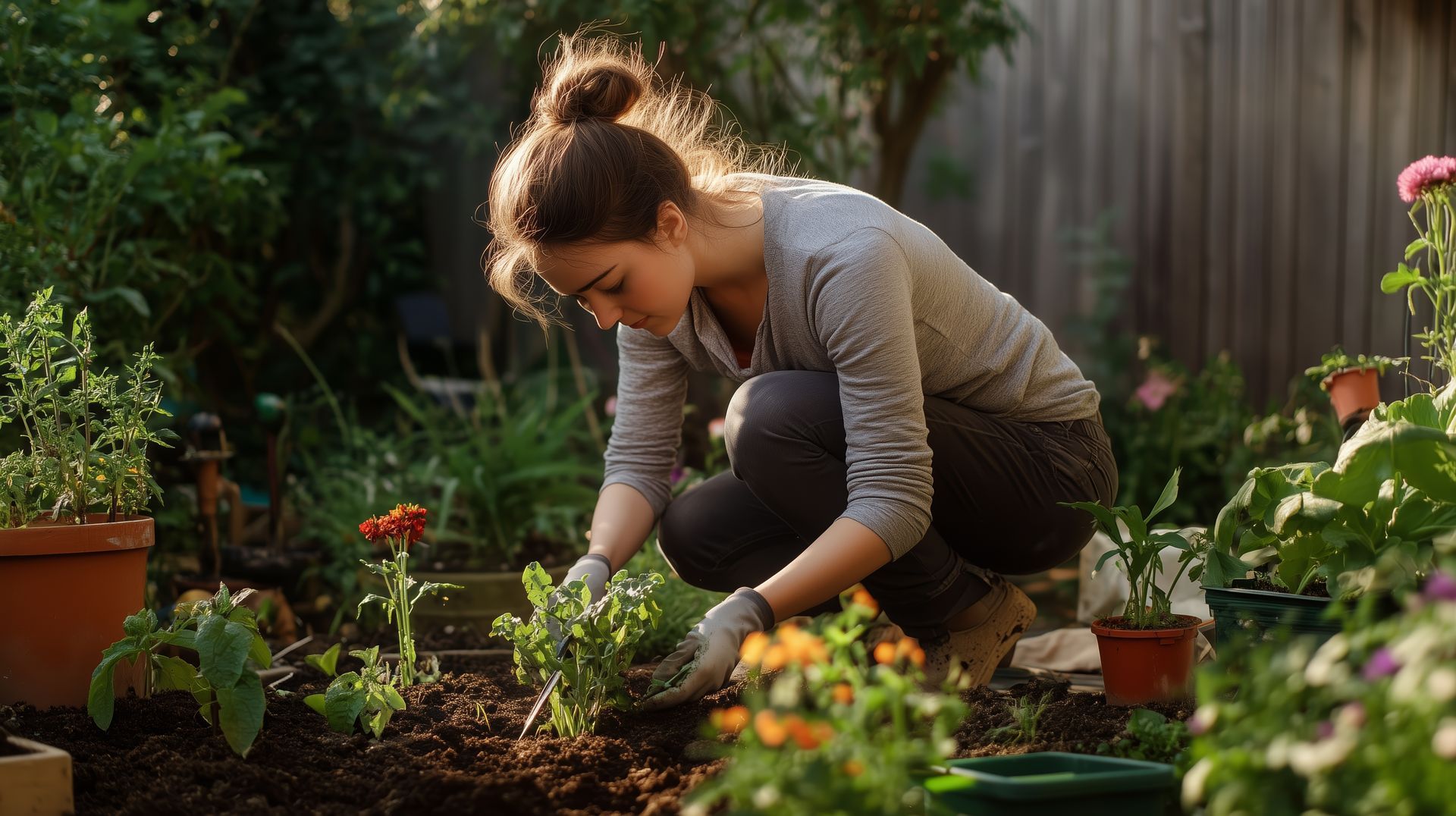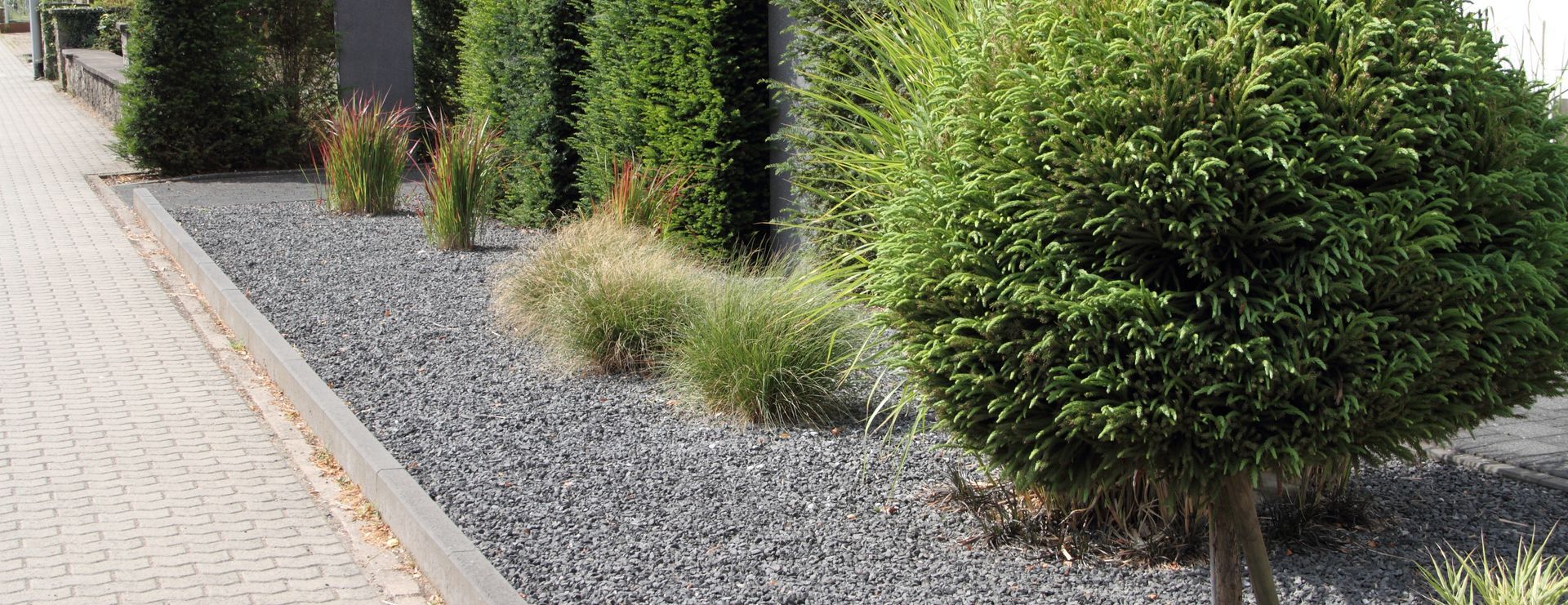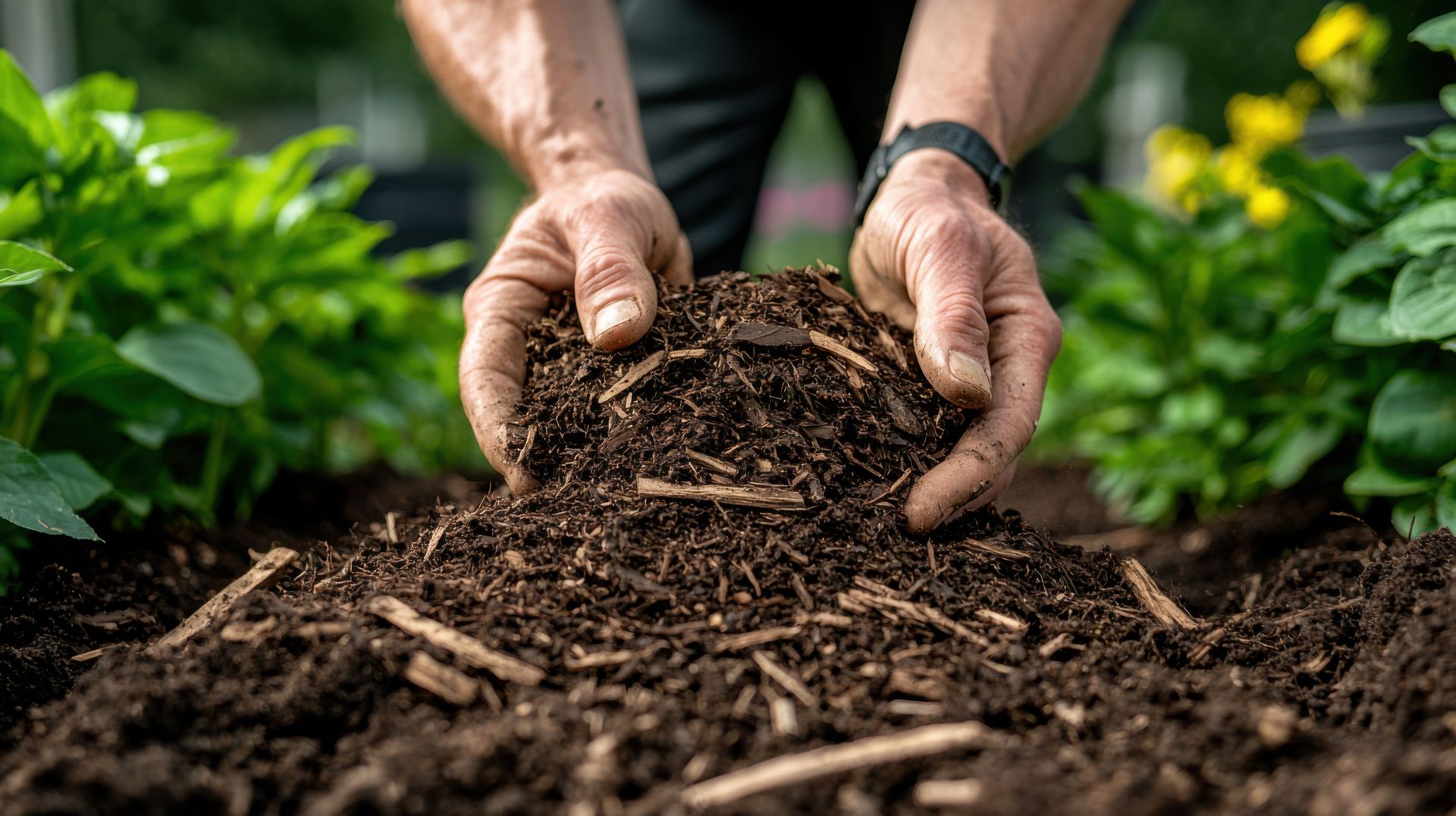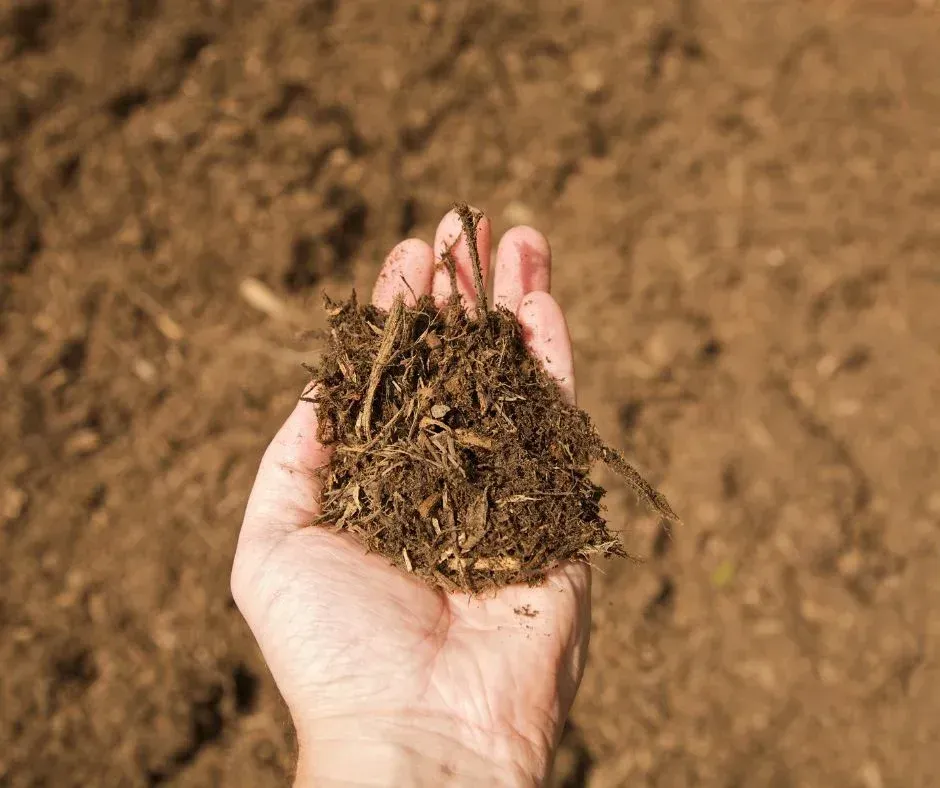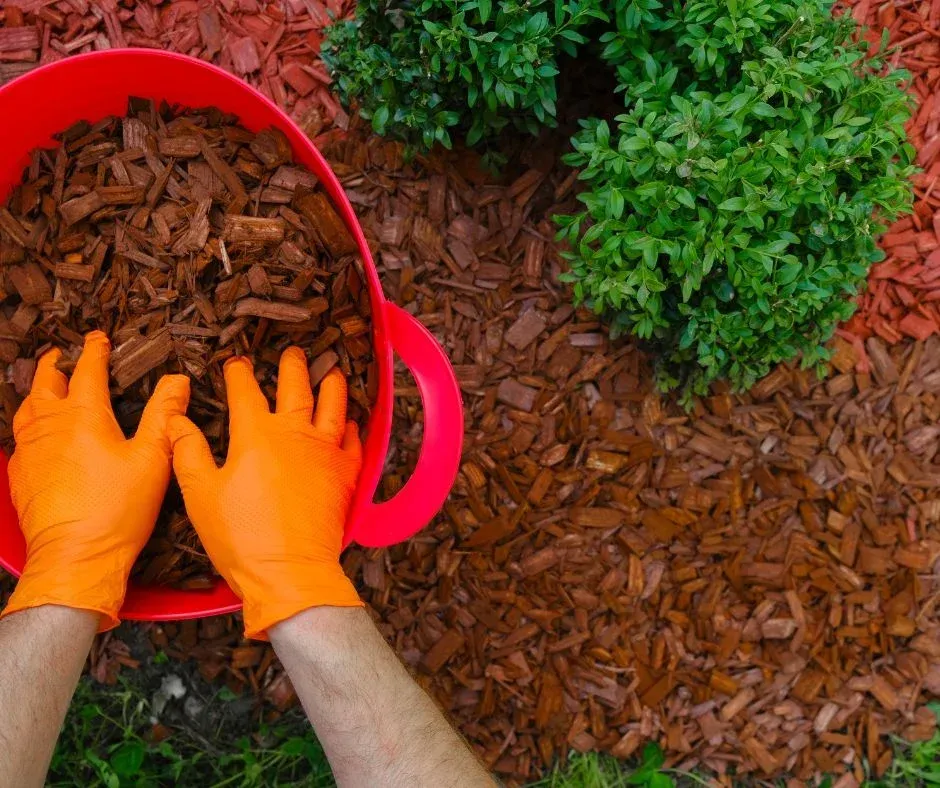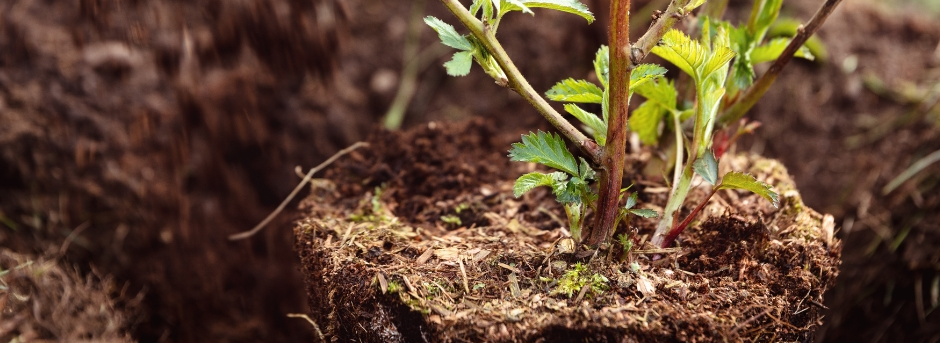Soil Testing: Why It Matters for a Healthy Garden
Healthy soil is the foundation of a successful garden. Yet many gardeners skip one of the most essential steps before planting: testing their soil. Soil testing gives you critical information about nutrient levels, pH balance, and overall soil health, helping you make informed decisions that lead to more vigorous plants and better yields. In this blog post, we’ll explain why soil testing is important, how to test your soil at home or professionally, and how to interpret your soil test results.
Why Soil Testing Matters
Whether you're planting vegetables, flowers, or native landscaping, your soil's composition directly affects plant health. A soil test helps answer essential questions:
- Does your soil have enough nutrients to support healthy growth?
- Is the pH level appropriate for the plants you want to grow?
- Are there any nutrient excesses that could be harmful?
Without testing, you're left guessing. You might over-fertilize, underfeed, or plant in unsuitable conditions without even realizing it. Soil testing helps you avoid these common mistakes, saves money on unnecessary products, and promotes environmentally responsible gardening.
How to Test Soil at Home or Professionally
At-Home Soil Testing Kits
DIY soil testing kits are available at garden centers and hardware stores. They provide basic information about pH and nutrient levels like nitrogen, phosphorus, and potassium.
Steps to use a home soil test kit:
- Collect soil samples from several spots in your garden, digging 4 to 6 inches deep.
- Mix the samples together in a clean container to get an average representation of your garden soil.
- Follow the test kit instructions, typically involving mixing soil with a solution and comparing the color to a chart.
- Record your results and compare them with your plant’s nutrient and pH requirements.
These tests are affordable and provide quick insights, but they may lack the accuracy and depth of professional testing.
Professional Soil Testing
For more comprehensive results, consider sending your soil to a professional lab. This is especially helpful if you're establishing a new garden, planting specialty crops, or troubleshooting poor plant performance.
How to get your soil professionally tested:
- Contact a local cooperative extension, university lab, or private soil lab.
- Use a clean tool to collect multiple samples from your garden.
- Let the soil air dry and send the sample according to the lab's instructions.
- Most labs provide a detailed report within one to two weeks, often with recommendations based on your intended plant types.
Professional testing evaluates additional elements, such as calcium, magnesium, sulfur, and micronutrients, providing a more comprehensive picture of your soil's health.
Interpreting Soil Test Results
Once you receive your soil test results, it’s time to put them to use. Most test reports include the following:
pH Level
The pH scale runs from 0 to 14. Most garden plants prefer a slightly acidic to neutral range (6.0 to 7.0). If the pH is too high (alkaline) or too low (acidic), plants may not absorb nutrients efficiently.
- Low pH (acidic): Add lime to raise pH.
- High pH (alkaline): Add sulfur or organic matter to lower pH.
Macronutrients
- Nitrogen (N): Essential for leafy growth. Deficiencies lead to yellowing leaves and stunted growth.
- Phosphorus (P): Supports root development and flowering. Low levels reduce bloom production.
- Potassium (K): Aids in overall plant health, drought resistance, and disease prevention.
A soil test will indicate whether these are low, adequate, or excessive. Based on the results, you can choose the right type and amount of fertilizer or soil amendment.
Micronutrients
Professional tests may include levels of iron, manganese, zinc, copper, and boron. While needed in smaller quantities, these elements are still essential for plant health.
Organic Matter and Texture
Some tests will also assess the percentage of organic matter and soil texture (comprising sand, silt, and clay). This helps determine how well your soil holds moisture and nutrients.
Final Thoughts
Soil testing is a simple yet powerful step in building a healthy, productive garden. Whether you're growing vegetables, ornamentals, or drought-tolerant landscapes in San Diego, understanding your soil's condition will guide you toward better choices and better results.
At North County Supply, we offer quality soil amendments, compost, and mulch to help you act on your test results and build better soil. Need help interpreting your soil report? Our team is happy to point you in the right direction. Contact us or stop by today to learn more.

